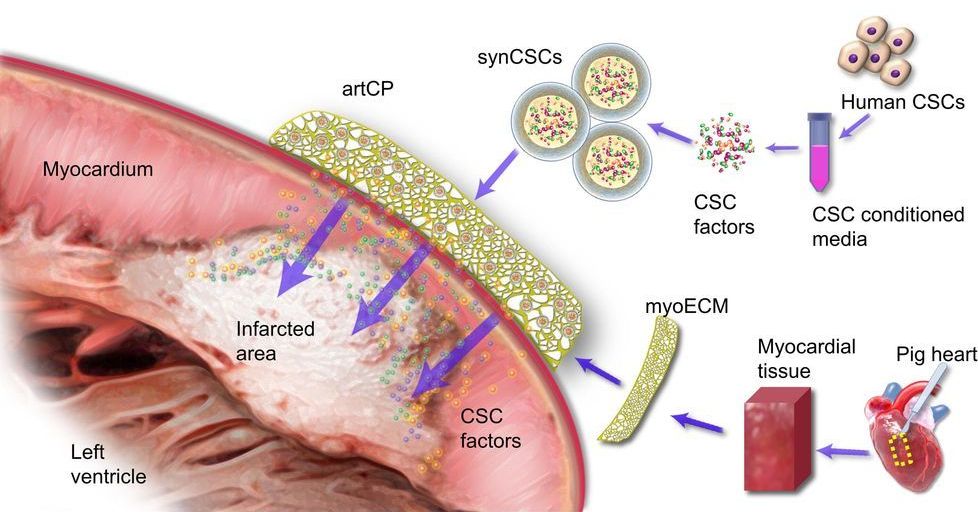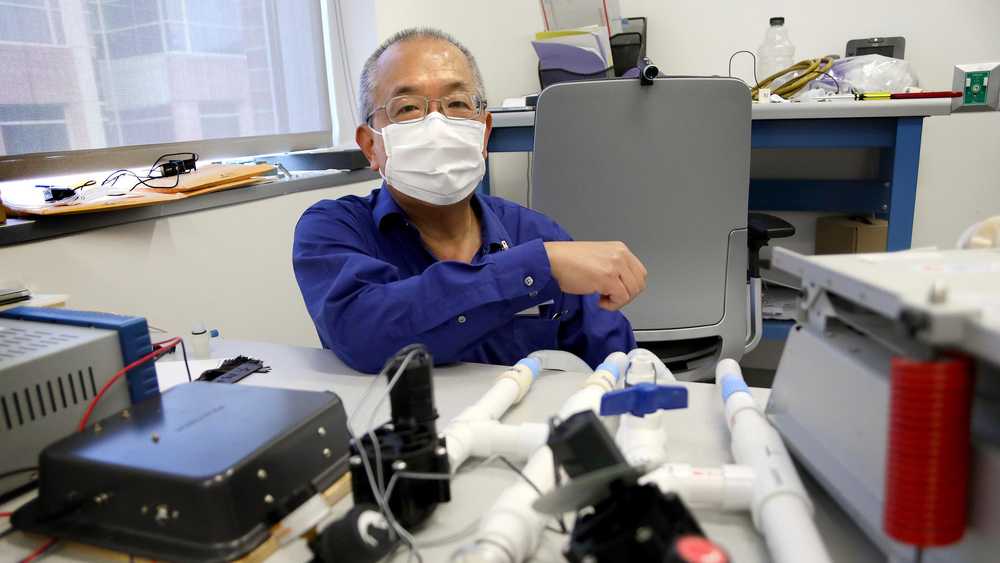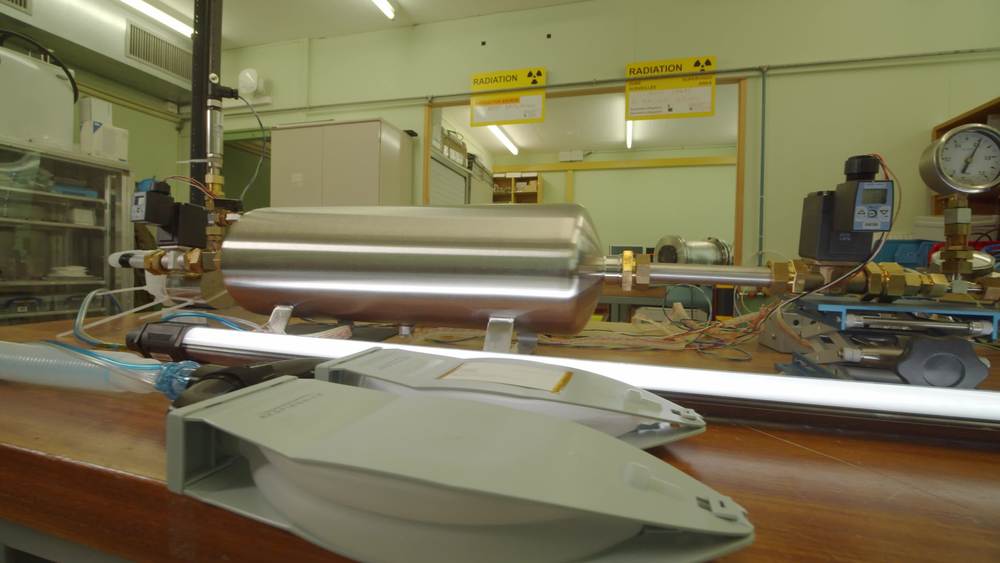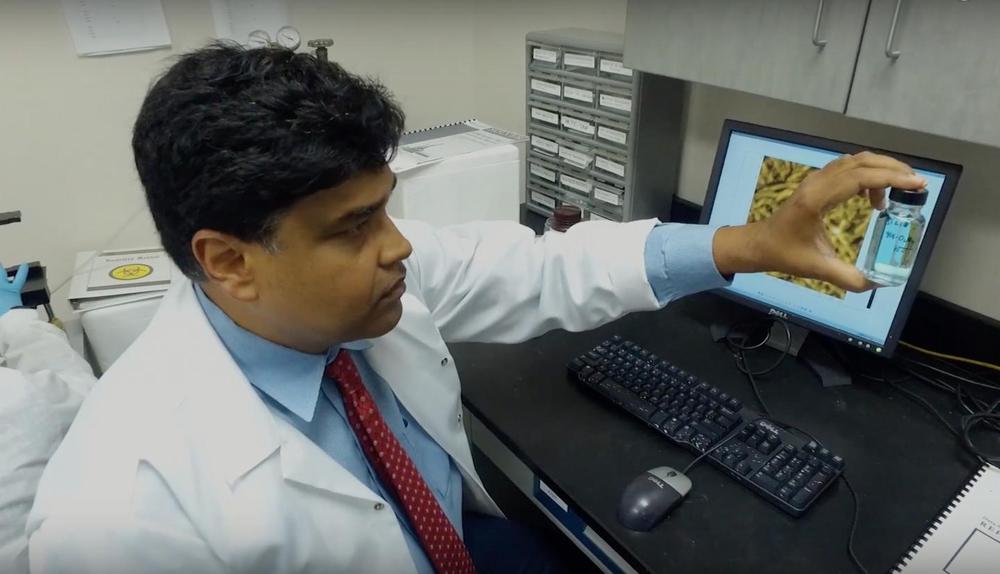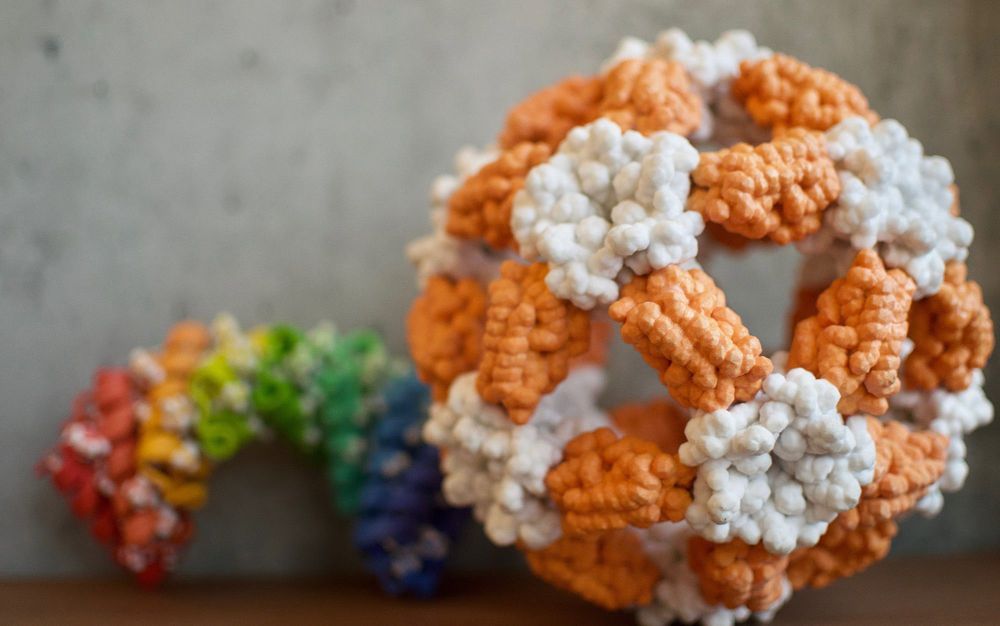At Samsung, we have a long tradition of supporting the health and vitality of our communities. Our company and our employees have generously given to schools, charitable causes and local institutions to address hometown needs across the United States. Our philosophy is simple – our business and employees thrive when our partners and communities thrive.
With nearly 20,000 employees spread across the U.S., our top priority remains to keep them and their families healthy and safe during this unprecedented time. This extends to the communities in which they call home.
Since the onset of COVID-19, we have worked to supply Samsung products and technology to aid frontline healthcare workers in local hospitals across New York and New Jersey. To assist school systems with their transition to remote learning, we have built on the 10 years of our Solve for Tomorrow program by expediting the delivery of nearly $3 million in technology and supplies to local schools across the country. We continue to support consumers with round-the-clock care at Samsung.com and have extended our product warranties for those impacted by COVID-19.



